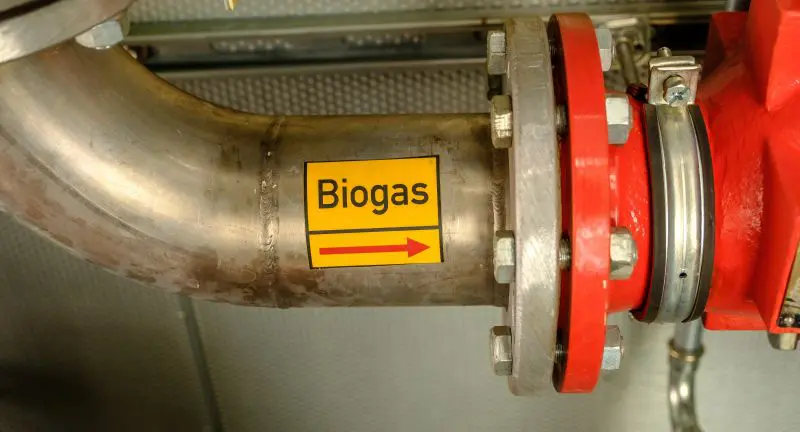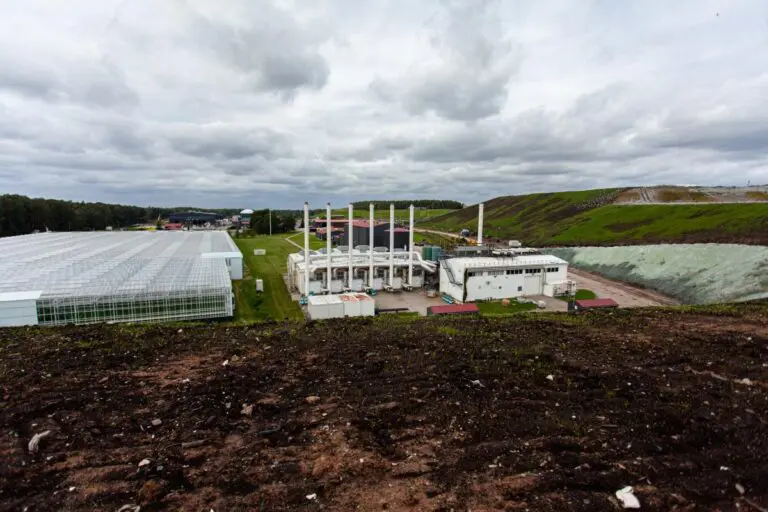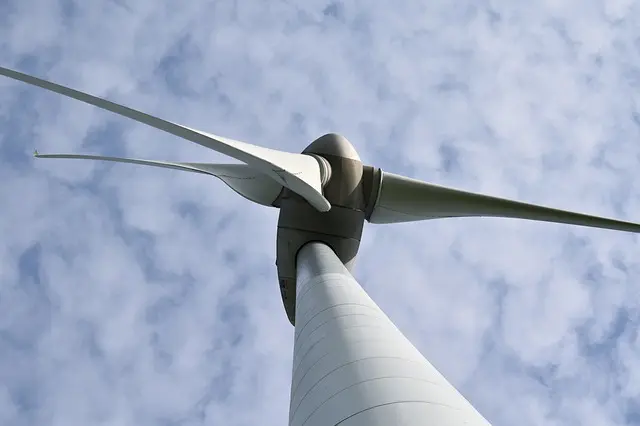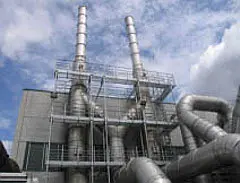The French company starts up renewable electricity production through biogas valorisation on its landfill sites in Brazil.

Veolia brings on-stream three new Thermoelectric Power Plants in Brazil in three of its sanitary landfills operated in the country. These units will produce 12,400 kW of renewable electricity from biogas produced by the decomposition of organic waste, allowing to meet the electricity and heating needs of a city of around 42,000 inhabitants in Brazil.
Converting this previously unused biogas into energy contributes to the better recovery of waste and therefore strengthens the ecological impact of this activity. Veolia is also focusing on the valorisation of this energy resource to increase the share of renewable energy in the electricity mix and thus reduce greenhouse gas emissions.
“In Brazil, the acceleration of water stress should stimulate the search for alternative models. We are convinced that the interest of cities and industries in stable sources of renewable energy such as biogas will grow and we will be there to support this trend. Veolia is also studying other solutions for upgrading biogas in the country, in particular through the production of biomethane that can be used in the natural gas network or as automotive fuel,” says Pedro Pradanos, CEO of Veolia Brazil.
By 2021, the biogas capture on Veolia’s landfills in Brazil will avoid 45,000 tons of methane into the atmosphere, which is about 1.26 million tons of CO2 equivalent, traded as CERs.







